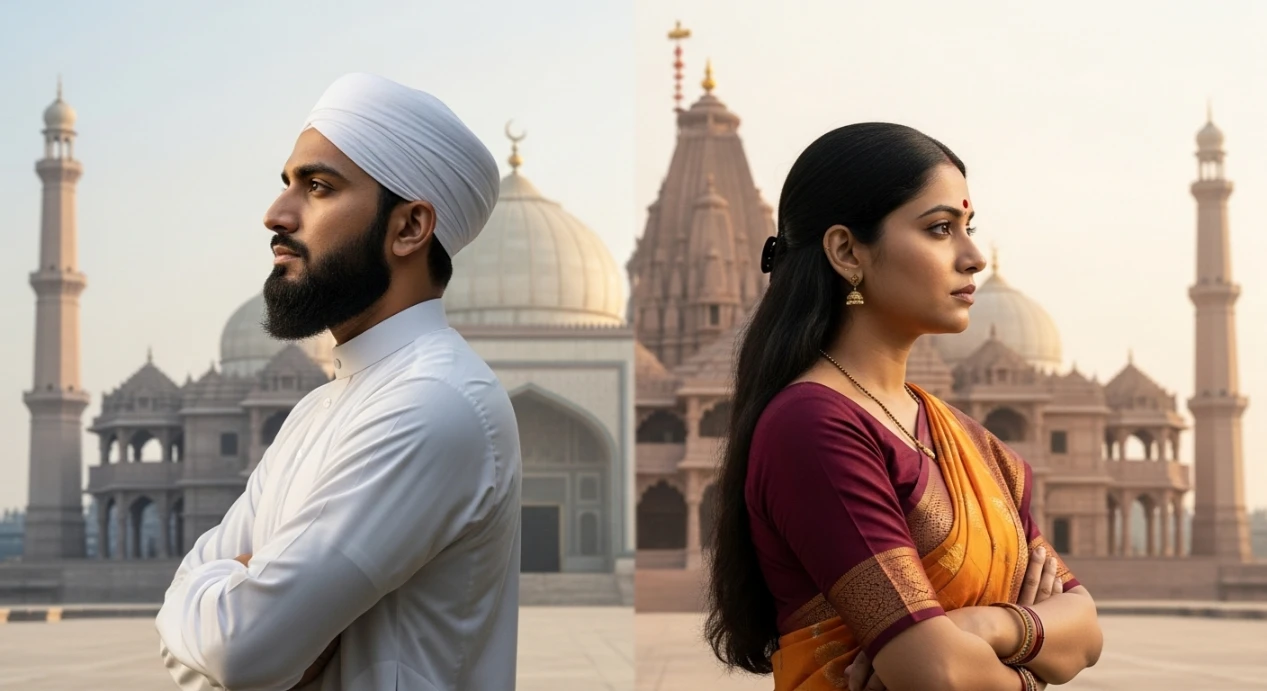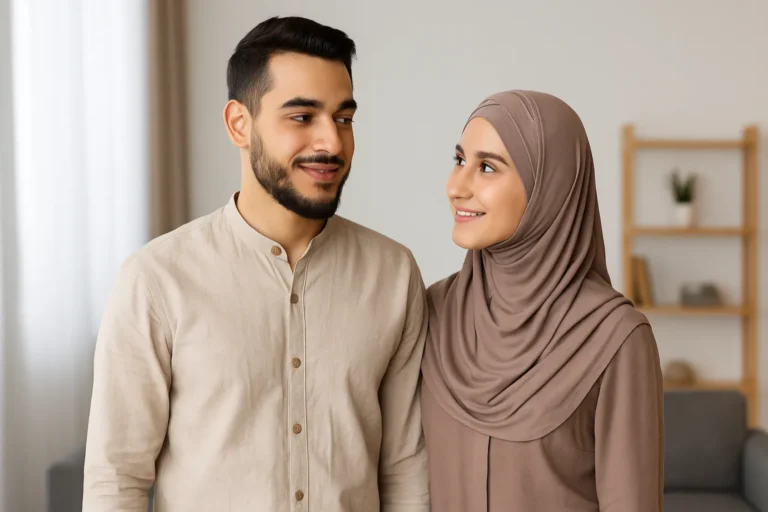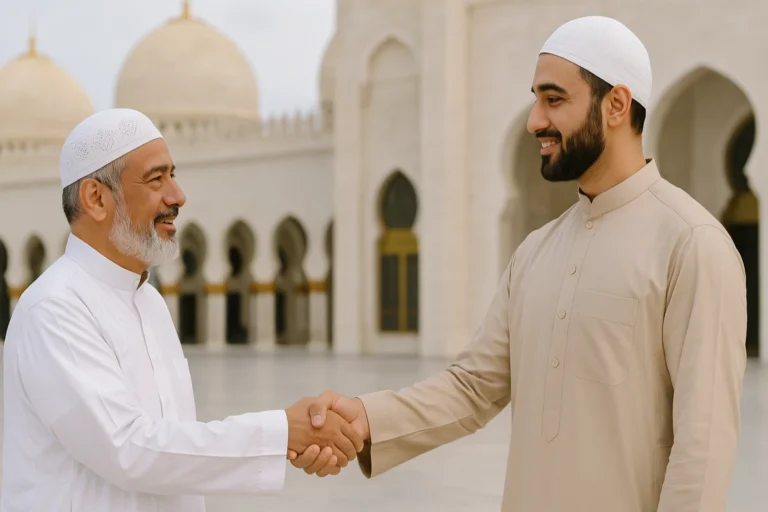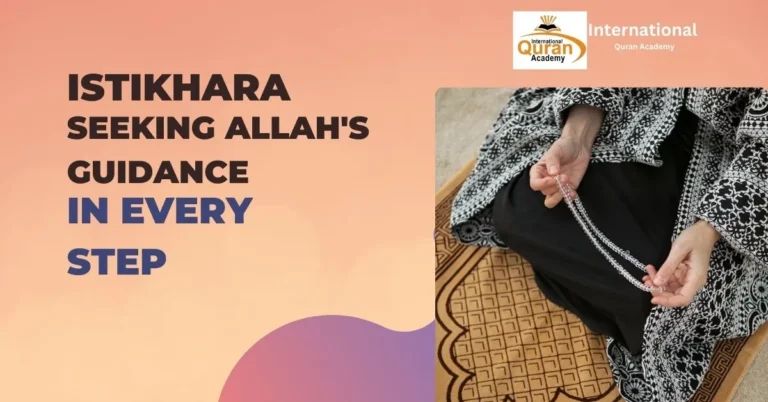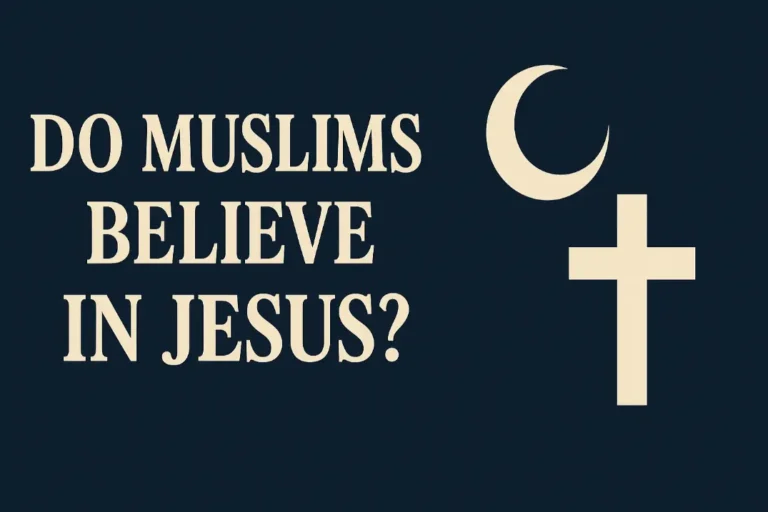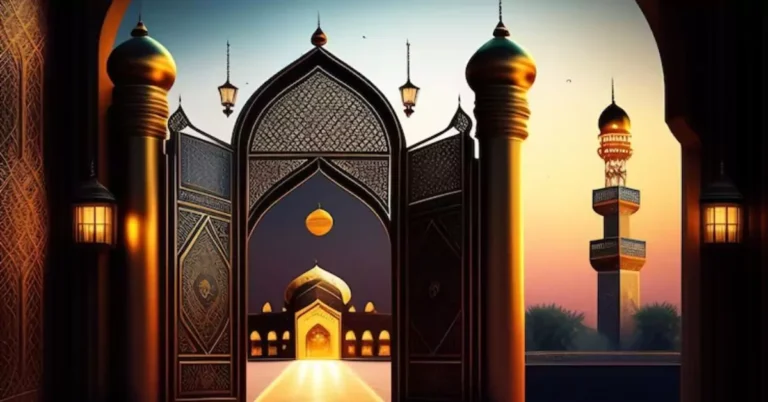Can a Muslim marry a Hindu? This is a question which arises a lot due to the difference of cultures in our global society today. People meet people from different cultures, fall in love, and then they want to build a life together; and love is love, but faith is not just a background it is a foundation.
In Islam, marriage is more than just a legal relationship; it is a spiritual contract. Islamically, marriage binds a couple together here and in the afterlife, and gives them direction in life concerning values, goals and how to raise children.
Islam establishes sadaqah about whom a Muslim can marry. This is not just cultural. This is a religious ruling, based on what is revealed in the Quran and what the Prophet Muhammad ﷺ taught.
In this article, we will discuss what Islam says about marrying a Hindu. We will consider both the male and female perspectives. We will also touch what if the non-Muslim converts.
Now that we have an understanding of what we will be covering, let’s get to it.
Islamic View on Interfaith Marriage
Islam recognizes marriage as a sacred partnership. Marriage brings together faith, purpose, and family life. The Quran articulates who a Muslim may marry.
“And do not marry polytheistic women until they believe… Nor marry your women to polytheistic men until they believe.” (Surah Al-Baqarah 2:221)
This verse provides a clear directive. Muslims cannot marry idol-worshippers. Hinduism, in its general form, includes multiple deities. Scholars do not consider Hindus to be part of the People of the Book (Ahl-e-Kitab).
Islam distinguishes as well. A Muslim may marry a Jewish or Christian woman, but not a polytheist. Muslim women cannot marry outside the faith.
These limitations are not cultural in nature; they are religious laws that protect faith, future generations, and the cohesion of belief in a household.
Can a Muslim Man Marry a Hindu Woman?
Islam allows Muslim men to marry women from the People of the Book. That is, Christian and Jewish women. However, Hinduism does not qualify.
All scholars agree: Hindus do not practice monotheism, rather polytheism. Hindus have many gods that they worship, and many rituals that they observe. Because of this, a Muslim man cannot marry a Hindu woman.
The Quran is clear:
“Do not marry polytheistic women until they believe.” (Surah Al-Baqarah 2:221)
This is not a matter of choice. It applies to all Muslim men, even if the Hindu woman is of good character.
Some people say that love, modern values, etc., get to determine overriding rules. Islam does not gift this option. Feelings cannot nullify or render irrelevant functioning commands of faith.
If the Hindu woman adopts Islam with conviction, the matter shakes out differently. However, that conviction must be bona fide adoption of Islam and not merely translation of permission for marriage.
Can a Muslim Woman Marry a Hindu Man?
Islam strictly prohibits Muslim women from marrying non-Muslim men—without exception. The non-Muslim could be Hindu, Christian or Jewish, or any other faith the person decides to follow.
The Quran states:
“They (Muslim women) are not lawful for them (non-Muslim men), nor are they (non-Muslim men) lawful for them.” (Surah Al-Mumtahanah 60:10)
This injunction does not leave room for ambiguity. Scholars across the board have accepted this ruling since the early days of Islam.
So why the prohibition? Islam is a system of governance which gives men role and authority in the household. The duty is upon the Muslim man as a husband, protector and guiding figure to ensure that the faith of the Muslim woman is not compromised. A husband pursuing another faith may lead to conflicting belief systems, different forms of practice, and various ideas of what it means to raise children.
Marriage is not just between two people. It is a union of families, a union of children, and thereby a union of the Muslim community.
It does not matter if the Hindu man has shown respect for Islam, it will never change the fact that the marriage is invalid. The only option is it can be lawful if he professes Islam in a true manner before the marriage.
Now let’s discuss what circumstances take place if the Hindu partner converts…….
What If the Hindu Converts?
Islam recognizes sincere conversions. So, if a Hindu man or woman has honestly converted to Islam, they can marry.
But the intention must be genuine. Because of course, in Islam you cannot convert just for marriage. The acceptance of Islam is a function of faith, which must come from the heart, not compulsion or convenience.
The Quran states:
“There is no compulsion in religion. Verily, the right path has become distinct from the wrong.” (Surah Al-Baqarah 2:256)
This means no one should force a person to accept Islam. The decision must be voluntary and based on belief.
Once a person accepts Islam sincerely:
- They must believe in one God
- They must accept Prophet Muhammad ﷺ as the final messenger
- They must leave behind previous rituals and beliefs
After this, the marriage can take place. It will be valid in the eyes of Islamic law.
But both families should understand the seriousness of this step. Conversion changes identity, purpose, and daily life.
Final Verdict in Islam
Islam has a clear stance on marriage. A Muslim man can only marry a Hindu woman if she understands and embraces Islam. Plus, a Muslim woman cannot marry a Hindu man under any circumstance—unless he actually accepts Islam to be his faith.
These laws are not just based on individual’s opinions. They are based on Allah’s direction.
Marriage is not merely a contract. It is a bond that leads you on a spiritual journey together. Islam is based on marriages that can be built on faith, not a marriage compromised through intermarriage.
Some may contend otherwise more flexibility is recommended. But, Islamic law has not altered based on people’s trends and emotions. The scholars who followed over generations believed the same.
However, if a person finds themselves in this situation, they should make an effort to seek knowledge. Speak to a realistic scholar. Pray for clarity. Islam never closes the door on guidance.
Every believer will have an opportunity to choose faith over emotion. That is the test. That is the path to peace.

